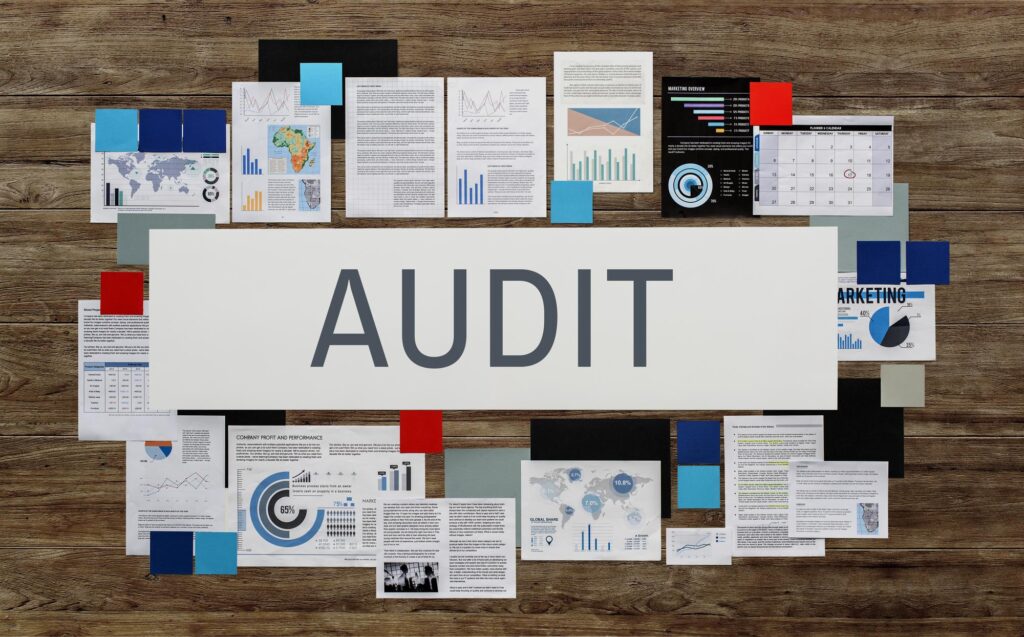Facing an IRS audit can be a daunting experience for any business. Understanding the common triggers and implementing strategies to avoid them is essential for maintaining compliance and ensuring peace of mind. In this article, we\’ll explore the key factors that may prompt an IRS audit and provide actionable steps to minimize your risk.
Common IRS Audit Triggers
- Underreporting Income
One of the most frequent audit triggers is failing to report all taxable income. The IRS receives copies of all income-related forms, such as W-2s and 1099s, and matches them against your tax return. Discrepancies can raise red flags.
- Claiming Excessive Deductions
While deductions are legitimate ways to reduce taxable income, claiming amounts that are disproportionately high compared to your income can attract scrutiny. This includes large charitable donations, substantial business expenses, or home office deductions that don’t align with IRS guidelines.
- High Income Levels
Statistically, higher-income earners are audited more frequently. For instance, individuals with incomes over $200,000 are audited at higher rates than those with lower incomes.
- Claiming Business Losses Consistently
Reporting business losses year after year, especially in the case of sole proprietorships, can lead the IRS to question whether your endeavor is a legitimate business or a hobby.
- Discrepancies Between Reported Income and Lifestyle
If your reported income doesn\’t seem to support your lifestyle—such as owning expensive assets or taking lavish vacations—the IRS may take notice and investigate potential unreported income.
Strategies to Minimize Audit Risk
- Accurate Income Reporting
Ensure all income is reported accurately, including wages, dividends, interest, and any other earnings. Maintain thorough records and double-check entries to prevent omissions.
- Maintain Detailed Documentation
Keep comprehensive records of all deductions and credits claimed. This includes receipts, invoices, bank statements, and any other relevant documents. Proper documentation substantiates your claims and provides evidence in case of an audit.
- Be Cautious with Deductions
Only claim deductions that you are entitled to and ensure they are reasonable. For example, if claiming a home office deduction, ensure the space is used exclusively and regularly for business purposes.
- Consistent Accounting Methods
Use consistent accounting methods from year to year. Frequent changes can raise questions and potentially trigger an audit.
- File Complete and Accurate Returns
Before submitting your tax return, review it thoroughly to ensure all information is complete and accurate. Simple errors, such as incorrect Social Security numbers or math mistakes, can lead to further examination.
- Seek Professional Guidance
Consider consulting with a tax professional, especially if you have a complex financial situation. They can provide personalized advice and help ensure compliance with tax laws.
Conclusion
While it\’s impossible to guarantee you\’ll never face an IRS audit, understanding common triggers and implementing best practices can significantly reduce your risk. By maintaining accurate records, reporting all income, and being mindful of deductions, you can navigate tax season with greater confidence and security.

